| HAZARDS IN YOUR ENVIRONMENT | |
|---|---|
| Dangers | Recommendations |
| Chemical products | |
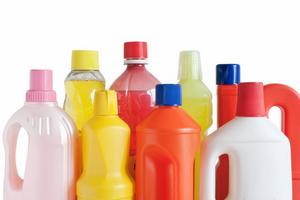 |
|
| Mercury | |
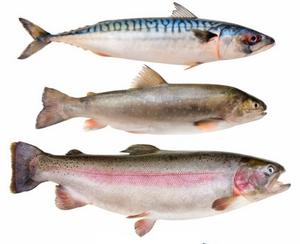 |
|
| Lead | |
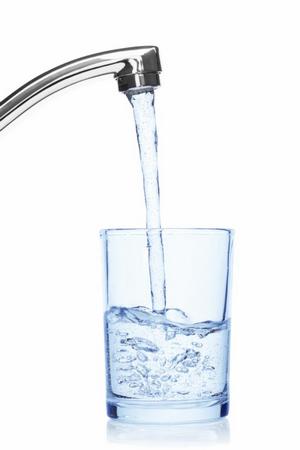 |
|
| Insecticides | |
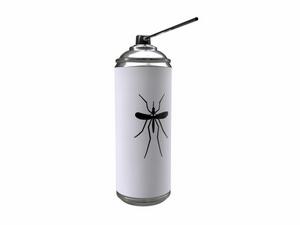 |
|
| Pesticides | |
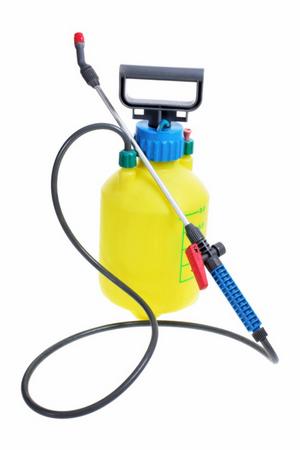 |
|
| X-rays | |
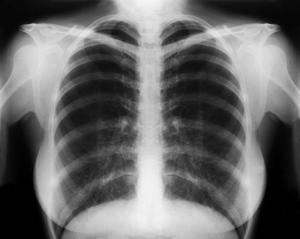 |
|
| Domestics animals | |
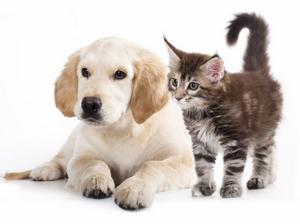 |
|




| HAZARDS IN YOUR ENVIRONMENT | |
|---|---|
| Dangers | Recommendations |
| Chemical products | |
 |
|
| Mercury | |
 |
|
| Lead | |
 |
|
| Insecticides | |
 |
|
| Pesticides | |
 |
|
| X-rays | |
 |
|
| Domestics animals | |
 |
|